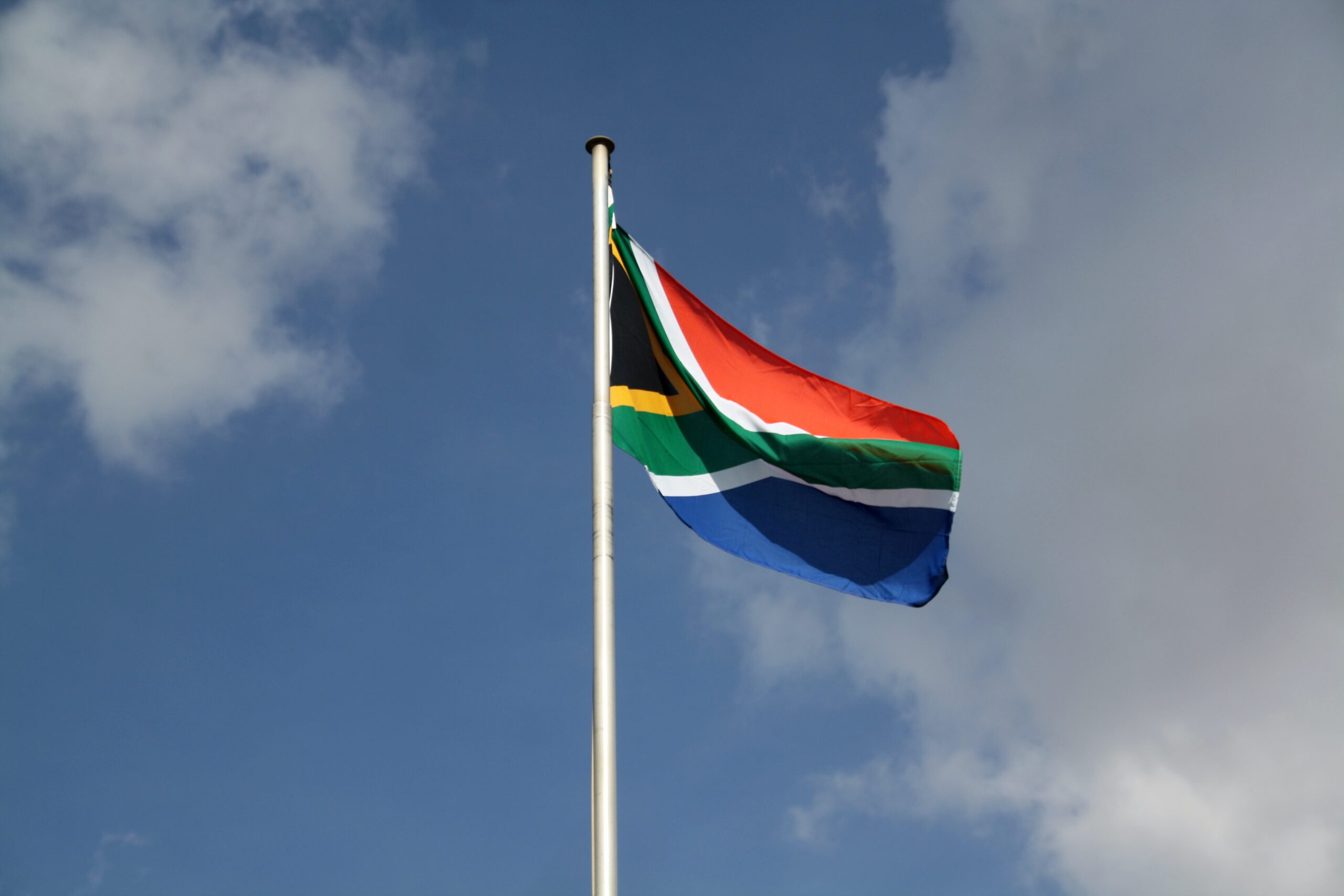The prosperity of a nation resides to a large extent on access to basic services and infrastructure. For the African continent, using clean energies is becoming ever so important – not only because of the West pressurizing African nations to reduce emissions, even though, these very nations aren’t the major polluters. The problem however is that Africa still suffers the consequences of the current world situation, whether they join in on the endeavors of achieving the SDGs and introduce a just energy transition through renewable energy technologies. The following technologies are generic mitigation strategies, used to bring new technologies to Southern Africa:
- Small Water and wastewater treatment to meet rural demand.
- Gas for energy trading: 40% of new gas discoveries around the world in the last decade were in Africa.
- On-shore wind connected upstream transmission.
- Biomass (co-generation with surplus exported onto the grid);
- Utility scale PV or PV farms managed by IPPs and governed by PPA with various stakeholders.
- Decentralised or Roof-top Solar PV to meet urban and rural demand.
We believe that it is imperative to implement renewable energy sources that are carbon neutral or at least reusable, and highlight the many aspects overlooked such as the effects on telecommunication and security. Some of these issues are related to land availability and acquisition for mega-renewable projects, impact on the environment, lack of involvement of local communities and political will, lack of financing options, absence of waste management and recycling frameworks.
South Africa is working towards achieving its sustainability goals, by moving away from coal powers plants. At this point it is crucial to examine the challenges of the clean energy sector’s rapid growth and solutions to future challenges which are unique to South Africa.
The continent is racing to meet its ambitious clean energy commitments, post the Paris Agreement. The ambitions are being backed by strong policy and developed nations support which in turn has transformed the country’s energy sector and pushed South Africa as one of the top countries in terms of clean energy harvesting.
But the shift from coal to renewables, as necessary as it may be, currently leaves many communities in limbo. Many ask what will happen if the sector stops producing coal and how will the millions working in coal and related industries make a living? National and provincial mechanisms for water, renewable energy and energy efficiency and have the potential to drive private sector investments, encourage technical skills development and knowledge sharing, and enable South Africa to achieve its sustainability goals.
MEB is here to transfer the critical skills needed to switch to jobs in the renewable sector. Renewable energy and water projects are some of the signature solutions that we can offer to overcome the looming challenges. Learn more about our services and solutions!

